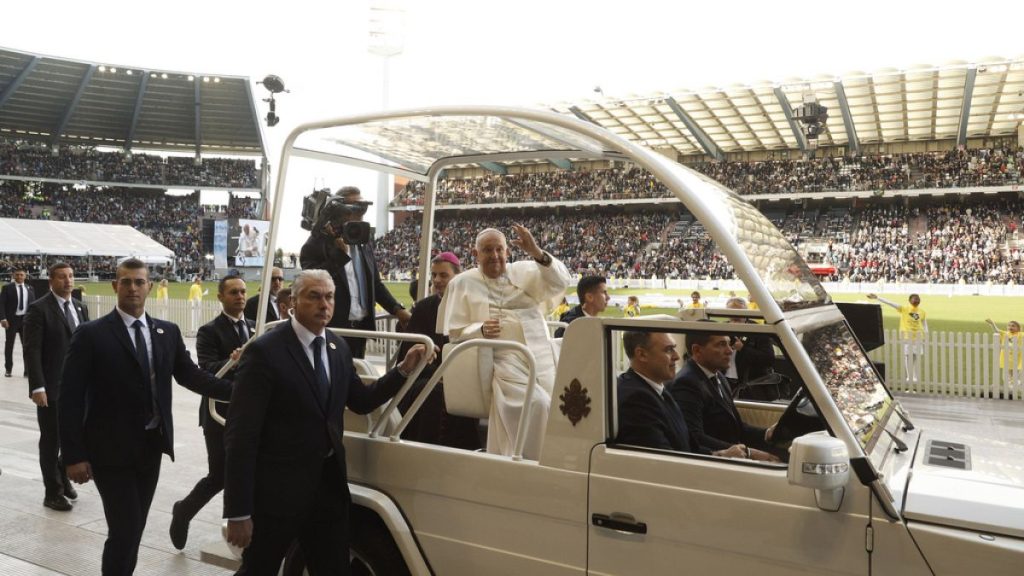Pope Francis’ visit to Belgium was met with challenges due to the country’s history of clerical sexual abuse and its increasingly secular society. During his visit, the pontiff demanded that sexually abusive clergy be judged and called for an end to bishops covering up their crimes. He emphasized the importance of bringing evil to light and spoke about the need for mercy and compassion. Despite a crowd of around 39,000 attending his mass, the visit was overshadowed by the legacy of child sexual abuse in Belgium and worldwide. The main purpose of the trip was to celebrate the 600th anniversary of the Leuven/Louvain Catholic University, the oldest in the world and a historical center of Catholic academic influence in Belgium.
In Belgium, there has been a history of abuse and cover-up within the Catholic church, including the case of Bruges bishop Roger Vangheluwe who admitted to sexually abusing his nephew for 13 years. His retirement in 2010 was followed by his defrocking by Pope Francis this year, seen as a belated response to longstanding abuse before the Pope’s arrival in Belgium. While the Pope has faced calls to address compensation for survivors of abuse, he has faced criticism for not taking sufficient action against abusers and enacting gender reforms within the church. The issue of women’s ordination has been a point of contention, with the Pope ruling out the ordination of women as priests and refusing to allow women to serve as deacons. This has sparked criticism from Belgium’s intellectual elite and calls for gender equality within the Catholic church.
Pope Francis’ visit to Belgium was marked by his strong stance against sexual abuse within the clergy, emphasizing the need to address and expose such evil. Despite the Pope’s message of mercy and compassion, he faced criticism for the slow response to cases of abuse within the church, including the defrocking of Bishop Vangheluwe. The Pope’s visit to Belgium was intended to celebrate the anniversary of the oldest Catholic university in the world, but was overshadowed by the legacy of abuse and calls for accountability. Criticism was also directed at the lack of gender reforms within the church, with demands for the ordination of women as priests and deacons.
The Pope’s trip to Belgium highlighted the ongoing challenges faced by the Catholic church in addressing issues of abuse and gender equality. While Pope Francis emphasized the importance of bringing abuse to light and showing compassion to survivors, his actions were seen as insufficient by many in Belgium, who called for more concrete steps to address the issue. The legacy of sexual abuse within the Catholic church in Belgium and worldwide continues to be a significant challenge for the church, requiring decisive action and accountability. The Pope’s visit underscored the need for the church to engage in meaningful dialogue and action to address these issues and restore faith in its leadership.
Despite the Pope’s efforts to address the issue of sexual abuse and promote compassion, his visit to Belgium was marred by criticism and calls for greater accountability. The legacy of abuse within the Catholic church, including the case of Bishop Vangheluwe, cast a shadow over the anniversary celebrations of the Catholic university. Pope Francis’ refusal to consider gender reforms within the church, including the ordination of women as priests and deacons, further fueled criticism and demands for change. The Pope’s visit to Belgium highlighted the ongoing challenges faced by the Catholic church in addressing abuse and promoting gender equality, underscoring the need for decisive action and reform within the church leadership.


